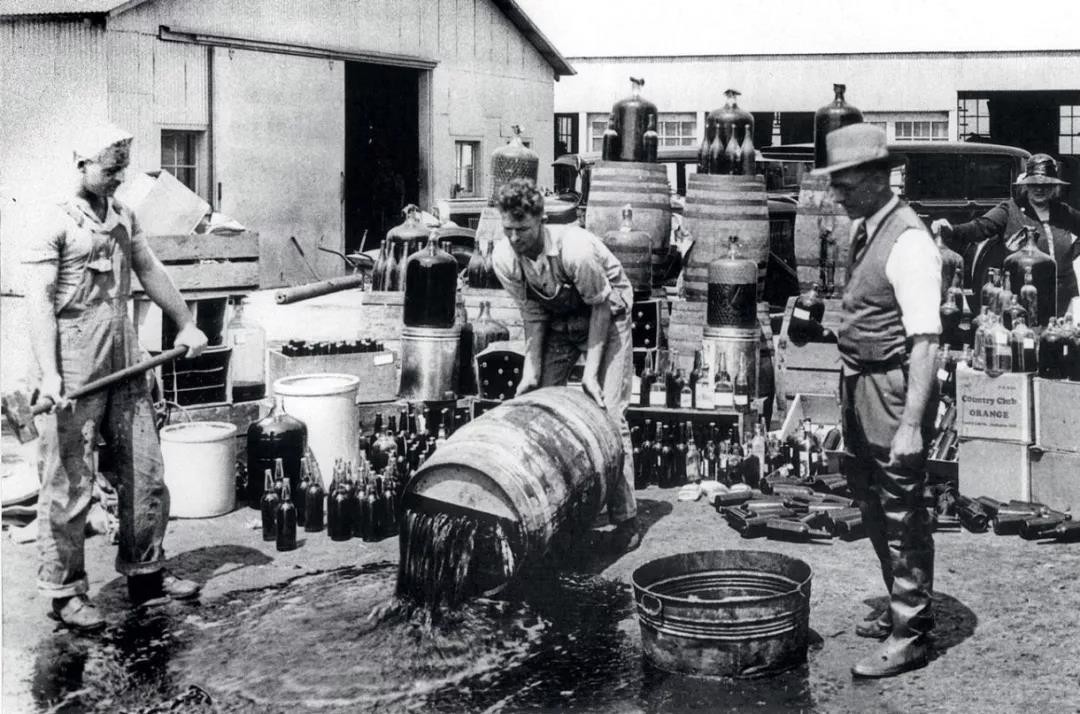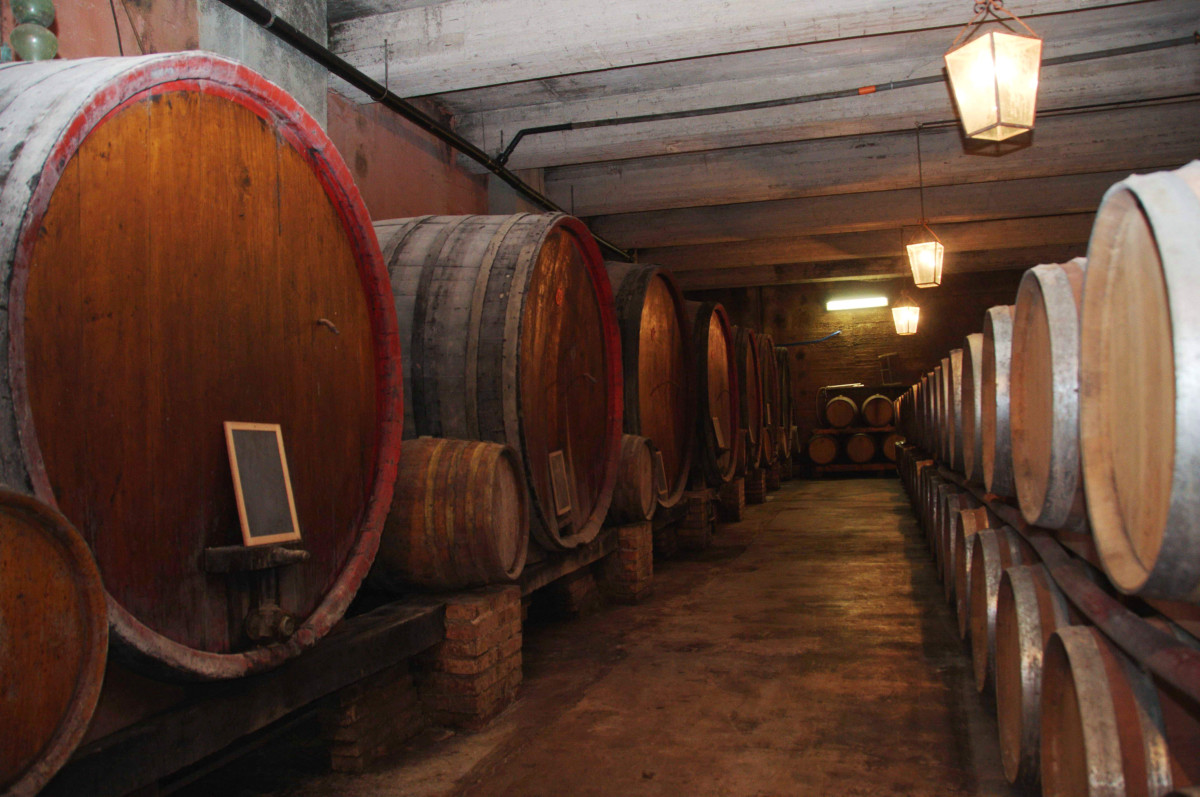Call it absurd. Dub it naive. Describe it, hyperbolically, as the most asinine, most fruitless curb on alcohol ever conceived. We are, of course, speaking of the 18th Amendment of the United States Constitution, which, exactly a century ago, gave the American federal government the means to severely impede the sale of ‘intoxicating liquors’. Ratified, theoretically, to foster a better society, Prohibition proved to have the opposite effect. The forbiddance of alcohol ushered in an iconic era of bootleggers, speakeasies and a complete disregard for an amendment that engendered far more problems than its supporters had so naively believed it would resolve.
Ironically, however, all signs would indicate that wine had never been a prime target of prohibitionists, whose sights were set mainly on spirits, an aspect wine-grower Andrea Sbarboro had pointed out as early as 1907. In one of his pamphlets he wrote: ‘No nation is drunken where wine is cheap; and none sober, where the dearness of wine substitutes ardent spirits as the common beverage. It is, in truth, the only antidote to the bane of whiskey.’ But what did this matter? Wine was lumped in, its de facto ban causing untold damage to wine-growing throughout the nation – most devastatingly in California, then as now the most prestigious, most widely planted state in the union.
Click to see the full article on Decanter Premium>>

Translated by Sylvia Wu / 吴嘉溦
All rights reserved by Future plc. No part of this publication may be reproduced, distributed or transmitted in any form or by any means without the prior written permission of Decanter.
Only Official Media Partners (see About us) of DecanterChina.com may republish part of the content from the site without prior permission under strict Terms & Conditions. Contact china@decanter.com to learn about how to become an Official Media Partner of DecanterChina.com.








Comments
Submit